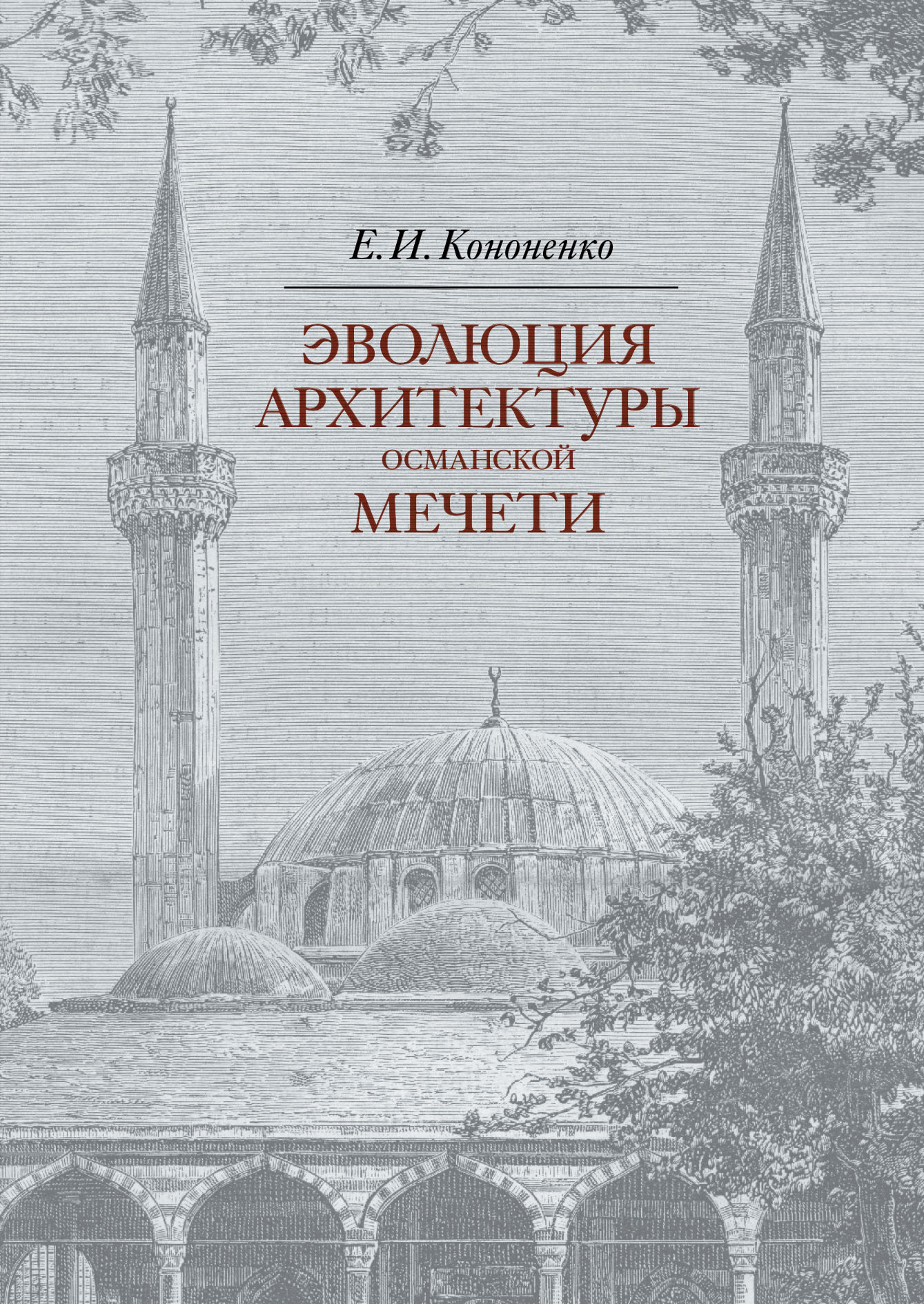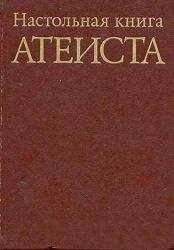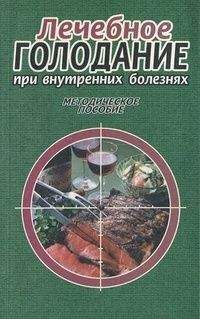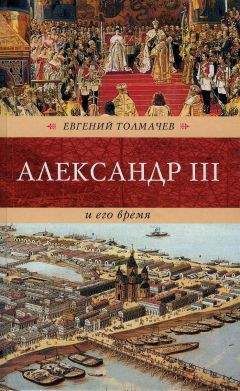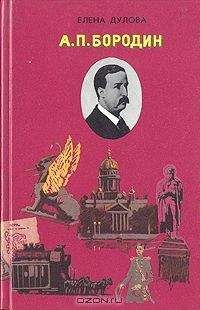S. 308–312; Necipoğlu G. The Age of Sinan. P. 284–285, 299–303, 494–495.
57 См., в частности: Hamadeh S. Aesthetics of novelty in 18th century Istanbul // 14th International Congress of Turkish Art Proceedings. P., 2013. P. 373–380; Peker A.U. The Assessment of European Architecture by Ottoman Ambassadors of the Eighteenth Century // Europa und die Türkei im 18 Jahrhundert / Europe and Turkey in the Eighteenth Century. Göttingen, 2011. P. 489–505.
58 Подробнее см.: Evin A. The Tulip Age and Definitions of ‘Westernization’ // Social and Economic History of Turkey, 1071–1920. Ankara, 1980; Zilfi M. Women and Society in the Tulip Era, 1718–1730 // Women, the Family, and Divorce Laws in Islamic History. Syracuse, 1996; Salzmann A. The Age of Tulips… P. 83; Fry R.R. Gardens in the Air: A Reexamination of the Ottoman Tulip Age // The Cupola. Scholarship at Gettysburg College. 2013. Paper 103. P. 1.
59 Cm.: Lewis B. The Muslim Discovery of Europe. N.Y.-L., 1982. P. 43–48; Evin A. 1600–1700 Arası Batihlar’in Türkiye’yi Görüşlerinde Olan Değişim // İktisat Tarihi Semineri, Metinler/Tartışmalar, 8-10 Haziran, 1973. Proceedings of a Seminar on the Economic History of Turkey, Texts/Discussions. June, 8-10, 1973. Ankara, 1975. P. 173–181; Peker A.U. A Retreating Power: the Ottoman Approach to the West in the 18th Century // Power and Culture: Hegemony, Interaction and Dissent. Pisa, 2006. P. 71–73.
6 °Cм., в частности: Eldem S.H. Sa‘dabad. Istanbul, 1977; Göçek EM. East Encounters West: France and the Ottoman Empire in the Eighteenth Century. N.Y., 1987. P. 76–79; Erimtan C. The Appearance of Saadabad: The Perception of the «Tulip Age (1718-30» and the Impact of the Ottoman-Safavid Rivalry // Ottoman Tulips, Ottoman Coffee: Leisure and lifestyle in the Eighteenth century. L., 2007. P. 41–62. Дворец Садабад пострадал в 1730 г., но сохранялся до начала XIX в.
61 Подробнее см.: Yenişehirlioğlu F. Western Inluences on Ottoman Architecture in the 18th Century // Das Osmanische Reich und Europa 1683 bis 1789: Konlikt, Entspannung und Austausch. Vienna, 1983. S. 154–168; Salzmann A. The Age of Tulips… P. 83–106; Peker A.U. Western Inluences on the Ottoman Empire and Occidentalism in the Architecture of Istanbul // Eighteenth Century Life. 2002. Vol. 26. № 3. P. 139–163; Erimtan C. Ottomans Looking West?..; Tozoglu A.E. The new visual culture in Eighteenth-century Istanbul: building up new shore kiosks and gardens on the outskirts of the royal palace // Middle Eastern Studies. 2020. Vol. 56. № 2; Atil E. Levni and the Surname: The Story of an Eighteenth Century Ottoman Festival. Istanbul, 1999.
62 Cm.: Hamadeh S. Splash and Spectacle: The Obsession with Fountains in Eighteenth-Century Istanbul // Muqarnas. 2002. Vol. XIX. P. 123–148; Aynur H., Karateke H.T. III. Ahmed devri Istanbul çeşmeleri, 1703–1730. Istanbul, 1995; Goodwin. HOA. P. 371–374.
63 См. подробнее: Aktepe M. Nevşehirli Damad İbrahim Paşa’ya Âid İki Vakfiye // Tarih Dergisi. 1960. С. XI. № 15. S. 149–160; Anadol K. Nevşehir’de Damat İbrahim Paşa Külliyesi. İstanbul, 1970; Kuran A. Orta Anadolu’da Klasik Osmanlı Mimarisi Çağının Sonlarında Yapılan İki Külliye // Vakif Dergisi. 1971. С. IX. S. 239–265; Aktug I. Nevşehir Damat Ibragim Pasa Külliyesi. Ankara, 1992; Goodwin. HOA. P. 370.
64 Подробнее см.: Olson R.W. The Esnaf and the Patrona Halil Rebellion of 1730: A Realignment in Ottoman Politics? // Journal of the Economic and Social History of the Orient. 1974. Vol. 17. № 3. P. 329–344.
65 Tanman M.B. Hekimoğlu Ali Paşa Camii’ne İlişkin Bazı Gözlemler // Aslanapa Armağanı. İstanbul, 1996. S. 253–280; Yenişehirlioğlu F. Western Influences… P. 166; Kuban. ОА. P. 524–526; Goodwin. HOA. P. 376; Rüstem Ü. Architecture for a New Age: Imperial Ottoman Mosques in Eighteenth-Century Istanbul. Cambridge, 2013. P. 151. Дж. Фрили рассматривал данный памятник уже как барочный: Freely J. Op. cit. Р. 368.
66 Artan Т. Arts and architecture // СНТ. Vol. 3. The Later Ottoman Empire, 1603–1839. P. 474.
67 В источниках указаны имена Шухадара Омера-аги и Хаджи Мустафы-аги; см.: Arel А. 18 Yüzyıl Istanbul mimarisinde batıhlaş ma süreci. İstanbul, 1975. S. 10; Ünsal В. Türk-Vakfı İstanbul Kütüphanelerinin Mimârî Yöntemi // Vakiflar Dergisi. 1984. № XVIII. S. 98-100.
68 См., в частности: Rustem U. Ottoman Baroque… P. 8–12.
69 Yenişehirlioğlu F. Western Influences… P. 168–170.
Мечети «османского барокко»
1 См.: в частности: Itzkowitz N. Eighteenth Century Ottoman Realities // Studia Isl-amica. 1962. Vol. 16. P. 73–94; Yenişehirlioğlu F. Western Influences… S. 153–178; Arel A. 18 yüzyıl Istanbul mimarisinde batılılaşma süreci. S. 10–16; Murphey R. Westernization in the Eighteenth-Century Ottoman Empire: How Far, How Fast? // Byzantine and Modern Greek Studies. 1999. Vol. 23. P. 116–139; Ertman C. Ottomans Looking West?; Kuban. ОА. P. 506–508; Artan T. Istanbul in the 18th Century: Days of Reconciliation and Consolidation // From Byzantion to Istanbul: 8000 Years of a Capital. Istanbul, 2010. P. 300–312.
2 Подробнее см.: Caygill H. Ottoman Baroque. P. 65–82.
3 Cm.: Hamadeh S. Westernization, Decadence, and the Turkish Baroque: Modern Constructions of the Eighteenth Century // Muqarnas. 2007. Vol. 24. P. 185–197.
4 Cp.: Kuban. ОА. P. 505–508; Rustem U. Ottoman baroque… P. 17–19; Bates U. The European Influence on Ottoman Architecture // The Mutual Effects of the Islamic and Judeo-Christian Worlds: The East European Pattern. Brooklyn, 1979. P. 167–181; Hamadeh S. Ottoman Expressions of Early Modernity and the «Inevitable» Question of Westernization // Journal of the Society of Architectural Historians. 2004. Vol. 63. №. 1. P. 32–51.
5 Goodwin. HOA. P. 6.
6 «Because the square is not a baroque form, the mosque could never achieve the perfection which was possible for the sebil» (Goodwin. HOA. P. 381).
7 Rustem U. Ottoman baroque… P. 13–17.
8 Подробнее см.: Rustem U. Architecture for a New Age. P. 106–122.
9 Иванов С. В поисках Константинополя. С. 254–261.
10 На внутренней стороне ворот, ведущих во двор мечети, помещена генеалогия османских султанов, что подтверждает «династический» характер названия комлекса.
11 Kuban. ОА. Р. 526; Dabanlı Ö. The Breaking Point in the 18th Century Ottoman Architecture: Nur-u Osmaniye Mosque//Proceedings of the 2nd International Conference on Islamic Architectural Heritage the Future and the Built Environment, Istanbul, Turkey, 26–28 August 2019. Istanbul, 2019. P. 527–535. См. также: Rüstem U. Architecture for a New Age. P. 1–2; Goodwin. HOA. P. 381–387.
12 О вакуфной документации куллие Нуросмание см.: Taşkin О. Nuruosmaniye Külliyesi’nin Mali ve Sosyal Yönü //Vakıf Restorasyon Yıllığı. 2018. № 17. S. 90-107.
13 Cm.: PekerA.U. Return of the Sultan: Nuruosmânîye Mosque and the İstanbul Bedes-tan // Constructing Cultural Identity, Representing Social Power. Pisa, 2010. P. 144–145. См. также: ZilfiM.C. A Medrese for
